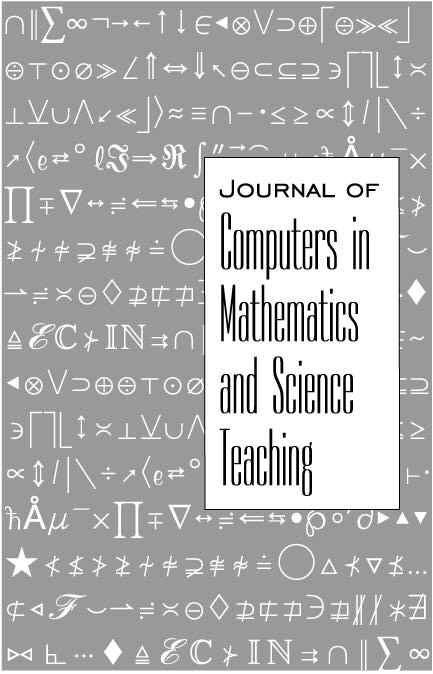
Exploring the Relationship between Modularization Ability and Performance in the C++ Programming Language: The Case of Novice Programmers and Expert Programmers
Article
Maurice Vodounon, John Jay College of Criminal Justice, Department of Mathematics and Computer Science, United States
JCMST Volume 25, Number 2, ISSN 0731-9258 Publisher: Association for the Advancement of Computing in Education (AACE), Waynesville, NC USA
Abstract
The primary purpose of the study was to determine if a treatment that concentrates on building programs from previously written modules can improve the decomposition processes of novice programmers in C++ programming language and, hence, programming performance. For purposes of performance analysis, a subsample of 23 students was divided into high- and low-performing groups on the basis on calculus test scores and scores on the first C++ programming course. Pretest and a posttest programming tests were administered to measure performance. A significant difference was found between the pretest and posttest mean. Students were also videotaped while solving the computer programs; protocols and audiotaped interviews of these students supported many of the findings of the questionnaire. A comparison of the 65 responses on the questionnaire of the two groups indicated several statistical differences as well. Low-performing students improved their ability to divide problem into subproblems, but less time is devoted to programming; students experienced frustration and gave up more often, whereas the high-performing students experienced strong achievement in the ability to think logically and divide a problems into subproblem. Therefore, they experienced more patience, confidence, and persistence in building programs. Although statistical tests reported significance between the pretest and posttest, some caution must be exercised in interpreting these results. Metacognitive factors such as patience and confidence play role in the problem-solving performance.
Citation
Vodounon, M. (2006). Exploring the Relationship between Modularization Ability and Performance in the C++ Programming Language: The Case of Novice Programmers and Expert Programmers. Journal of Computers in Mathematics and Science Teaching, 25(2), 197-207. Waynesville, NC USA: Association for the Advancement of Computing in Education (AACE). Retrieved August 24, 2024 from https://www.learntechlib.org/primary/p/21013/.
© 2006 Association for the Advancement of Computing in Education (AACE)
Keywords
References
View References & Citations Map- Bailie, F.K. (1990). The relationship between a novice programmer’s set of understanding and programming performance (Doctoral dissertation, Columbia University, 1990). Dissertation Abstracts International, 085B157.
- Barry, T.K. (1988). Planning levels of novices in introductory computer programming (Doctoral dissertation, Columbia University, 1988). Dissertation Abstracts International, 085B276.
- Maheshwari, P. (1997). Improving the learning environment in fi rst-year programming: Integrating lectures, tutorials, and laboratories. International Journal of Computers in Mathematics and Science Teaching, 16, 111-131.
- Oliver, R. (1993). Measuring hierarchical levels of programming knowledge. Journal of Educational Computing Research, 9, 299-312.
- Perkins, D.N., Martin, F., & Farady, M. (1986). Loci of diffi culty in learning to program (Technical Report 86-6). Cambridge, MA: Educational Technology Center.
- Perkins, D.N., Schwartz, S., & Simmons, R. (1988). Instructional Strategies for the problems of novice programmers. In R.E. Mayer (Ed.), Teaching and learning computer programming: Multiple research perspectives (pp. 153 DASHDASH
These references have been extracted automatically and may have some errors. Signed in users can suggest corrections to these mistakes.
Suggest Corrections to References